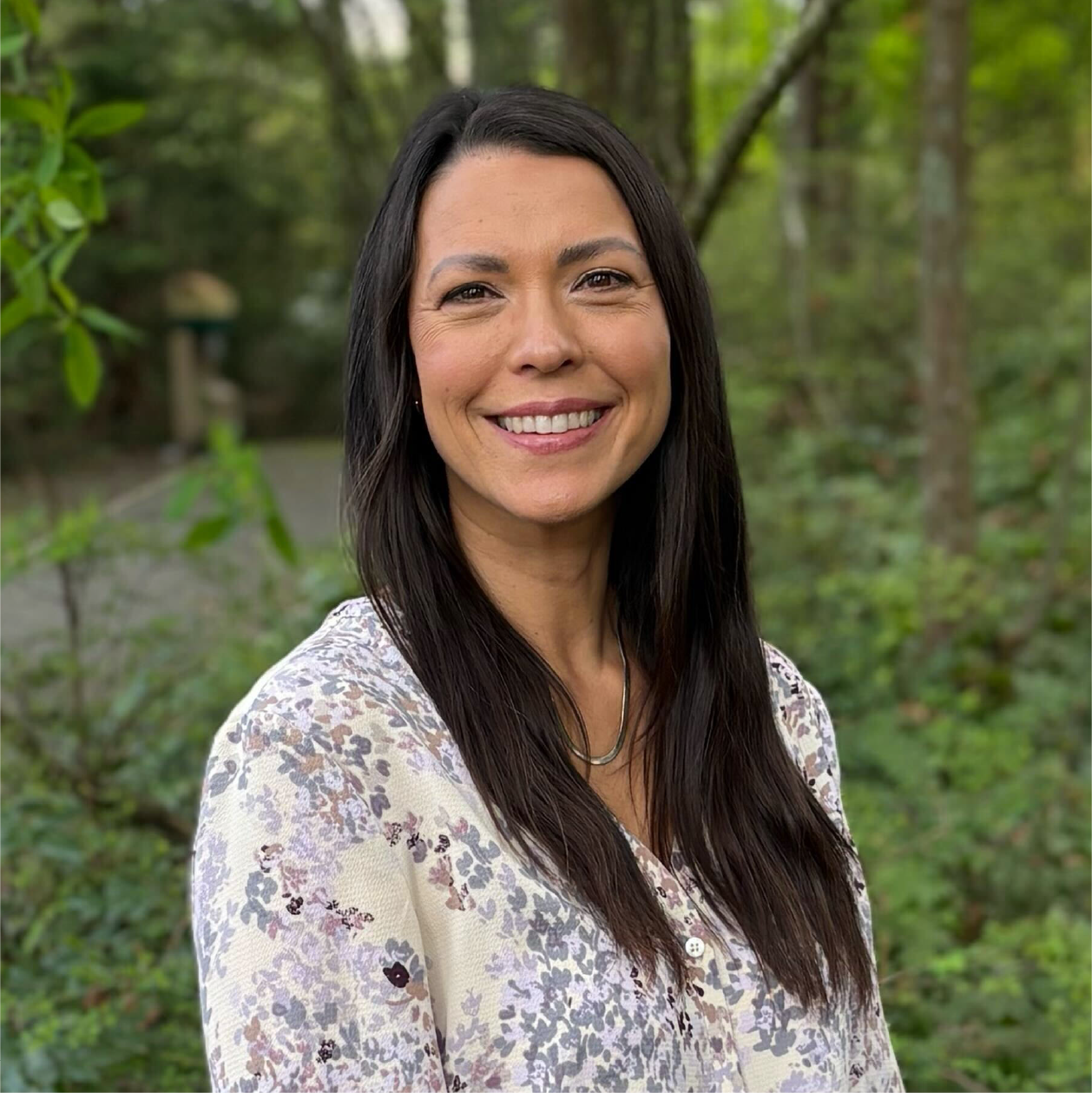“Ask the ND”: Your Top Wellness Questions Answered
There’s no shortage of wellness advice floating around out there…some of it helpful, some of it... not so much. As a Naturopathic Doctor, I get asked a lot of the same questions online and with my patients. I love being your go-to source for clear, grounded, and natural health wisdom, so I figured I’d round them all up together for any curious minds who aren’t able to come see me in the clinic.
1. “What supplements should everyone be taking?”
Great question! While everyone’s needs are different, a few basics show up again and again:
Vitamin D (especially if you live in Canada or wear sunscreen…so, most of us)
Magnesium (for stress, sleep, and muscle function)
Omega-3s (anti-inflammatory and brain-supportive)
A high-quality probiotic or fermented foods to support gut health
Reminder: Always check with your healthcare provider before starting anything new. The right form, dose, and timing matter.
2. “I’m tired all the time. What’s going on?”
Fatigue is one of the most common concerns I hear. It’s rarely just one thing. I usually check for:
Low iron or B12
Poor sleep quality
Blood sugar imbalances
Thyroid or adrenal issues
Emotional or mental burnout (yes, that counts too!)
We run labs and get the full picture before throwing supplements at the problem. Because "just push through" is not a long-term plan.
3. “Is coffee bad for me?”
Not necessarily. Coffee can be antioxidant-rich and even beneficial for some—but it depends on how much you’re drinking.
Thumb rules:
Stop before 12pm (to avoid disrupting sleep)
Don’t rely on it for energy, fix the root cause of the fatigue
Choose organic and skip the sugary syrups
If you feel anxious, wired, or jittery when you drink it, it might not be your match
Try matcha or adaptogen coffee alternatives if your body says no to the beans.
4. “How do I support my hormones naturally?”
I love this one. Whether it’s PMS, PCOS, perimenopause, or anything in between, hormone balance starts with:
Stable blood sugar (get protein with every meal and snack)
Liver support (leafy greens, cruciferous veggies, dandelion tea)
Daily movement (gentle or vigorous, your body loves both)
Adequate sleep
Stress management
Then we fine-tune with herbal or supplemental support as needed.
5: “How do I reduce bloating?”
Give these simple shifts a try:
Eat slowly (seriously, chew your food)
Don’t overdo raw veggies
Avoid artificial sweeteners and carbonated drinks
Rule out food sensitivities (dairy, gluten, or FODMAPs are common culprits)
If it persists, we look deeper into digestion: enzymes, microbiome balance, gut motility, and beyond.
6: “How often should I be detoxing?”
Your body is always detoxing through its natural mechanisms. That said, giving it some extra help through these key lifestyle aspects goes a long way:
Lightening your toxic load (less alcohol, processed foods, and avoiding environmental toxins like chemical laden personal or cleaning products)
Supporting your liver and lymph with the right foods, herbs, and hydration
Gentle movement and sweating it out (saunas, dry brushing, yoga)
7: “What’s one thing I can do to feel better this week?”
Start the day with a morning routine that grounds and energizes you:
Warm lemon water or herbal tea
A walk outside or a stretch
A few deep breaths
A real-food breakfast with protein
Small shifts create real momentum.
8. “What supplement is going to make me lose weight?”
Ahh, the million-dollar question. I get it, and I wish it were that simple.
Here’s the truth: There’s no magic pill for sustainable weight loss. Supplements can support your metabolism, blood sugar balance, or hormone regulation (such as: berberine, inositol, or chromium), but they won’t override poor sleep, stress, or a nutrient-empty diet.
Instead of chasing the “one thing,” we need to focus on your whole system, because when your body is supported, it knows how to find balance.
9. “Do I really just have to eat well, move, hydrate, and sleep for good health?”
Basically, yes. The basics are powerful, but they’re also not always easy…
We live in a world that encourages convenience over nourishment, stimulation over sleep, and busyness over balance. So yes, those four pillars matter a lot, but they also deserve more respect than they usually get. It takes a solid commitment to keep them covered.
When we master the basics consistently, the need for extreme measures fades away. Start there. Stay there. That’s where the magic happens.
10. “How do I manage stress when I don’t have time to relax?”
This one’s real. We often think stress relief means a spa day or week off but the truth is, it’s the small, daily resets that make the biggest impact.
Here’s what I suggest:
Micro-breaks: 1–3 minutes to breathe, stretch, or step outside
Nervous system tools: deep belly breathing, legs-up-the-wall
Boundaries: say no more often, especially to energy-draining “yes”s
Nourishment: don’t skip meals, and stay hydrated. Your brain needs fuel to cope
You don’t need to overhaul your life. You just need to weave in moments of regulation, regularly. That’s where the real resilience builds.

